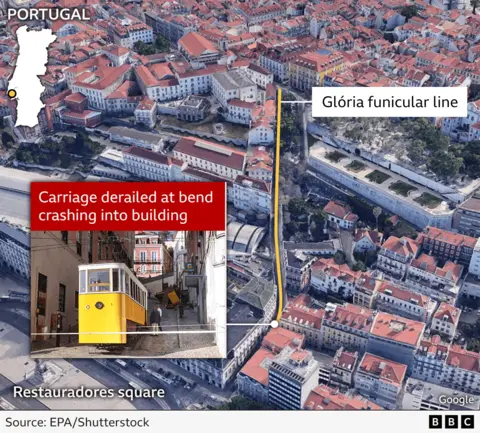On Monday, Spanish grid operator Red Eléctrica officially declared a massive outage that left millions of people in Spain, Portugal, and parts of France without power. The operator's operations director, Eduardo Prieto, stated that early investigations show no evidence of a cyber attack, aligning with comments made the day prior by Portuguese Prime Minister Luís Montenegro. However, the precise cause of the outage is still undetermined.
Spain’s Prime Minister Pedro Sánchez assured the public that investigations are underway to discover the root cause and subsequent preventive measures will be implemented. Experts suggest that the power cut might be attributed to multiple simultaneous failures rather than a singular incident.
One prevalent theory is that the outage occurred due to fluctuations in renewable energy sources. Prime Minister Sánchez indicated that around 15GW of power, approximately 60% of the total demand at that moment, was abruptly lost. Prieto noted that there were two disconnection events in close succession in southwestern Spain, an area known for its substantial solar energy production.
However, Sánchez later asserted that excessive renewable energy was not to blame, stating that supply coverage and demand were within normal ranges leading up to the outage. The exact details remain elusive, as the dynamics of electricity supply and demand are complex, and such large-scale blackouts are infrequent but not unprecedented globally.
Prof. Hannah Christensen from the University of Oxford explained that a significant mismatch between electricity supply and demand can provoke frequency changes, potentially damaging equipment. If multiple energy suppliers disconnect to safeguard their systems concurrently, the outcome can lead to widespread blackouts.
While renewable energy introduces unique challenges due to its intermittency, power operators usually make adjustments based on accurate, short-term weather forecasts to mitigate risks. Prof. Keith Bell of the University of Strathclyde emphasized the reliability of Spain's renewable energy forecasting systems, which aim to preemptively address potential spikes in generation.
Another area under examination is Spain's electrical interconnections with France. Red Eléctrica indicated that the power drop triggered a failure in the grid interconnection between both countries. Advanced technologies such as high-voltage direct current lines have been implemented for inter-country connections, ensuring reliability since their launch seven years ago.
Lastly, there was speculation initially linking the blackout to a "rare atmospheric event." However, Portugal’s grid operator REN later denied issuing such statements, although further clarification has not been provided. As investigations continue, the situation remains a focus of scrutiny for both Spain and neighboring nations.




















